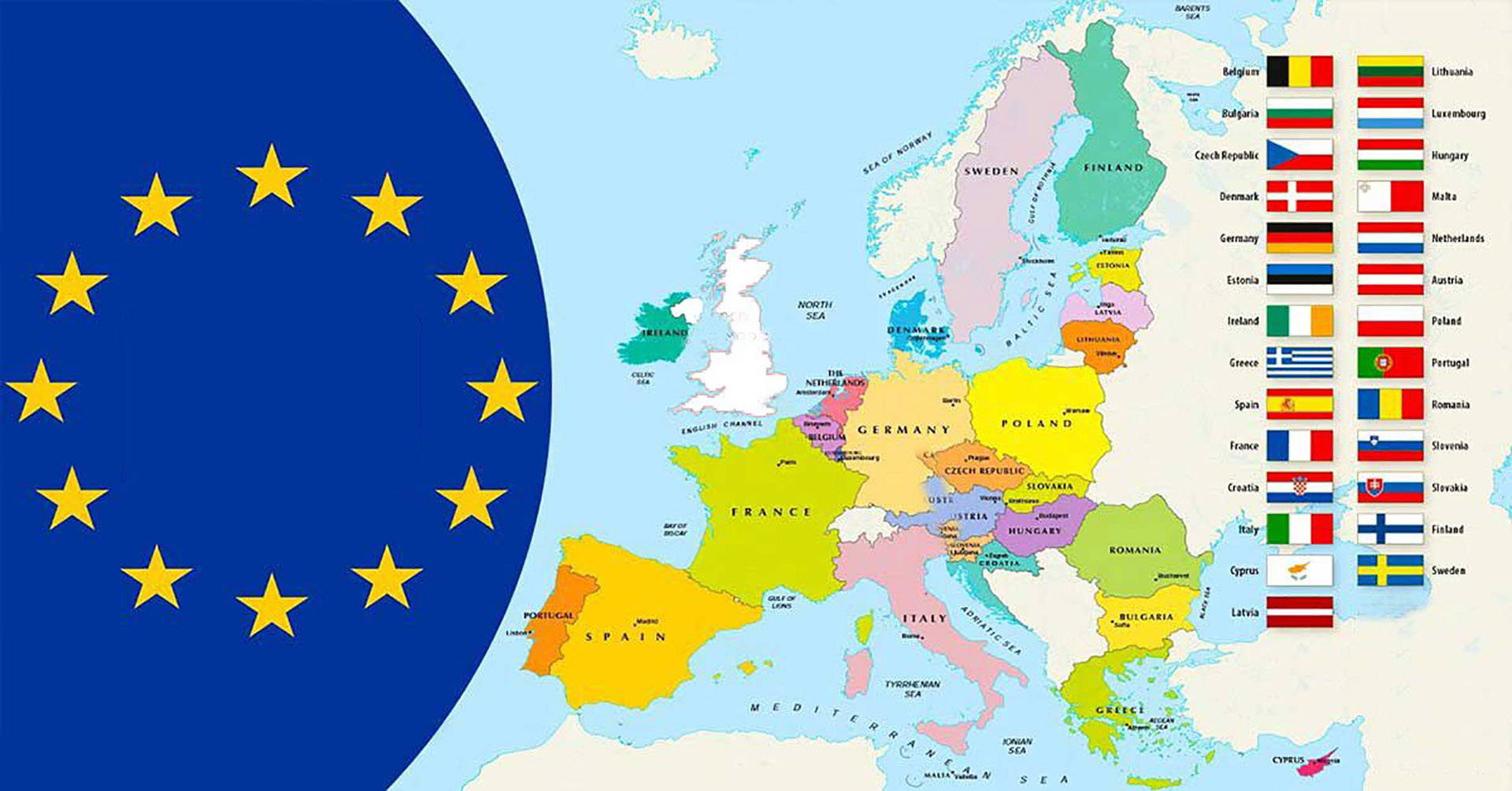SPECIFICS OF DOING BUSINESS IN ESTONIA
At the end of 2014, Estonia launched the e-Residency program, which provides access to various public services, such as company registration, banking services, payment processing, and more, to non-citizens of the country. Such virtual residence does not equate to citizenship and does not grant the right to personal visits or relocation to Estonia. Additionally, it does not affect the taxation of income or else require individuals to pay income tax in Estonia. Since 2016, government spending on innovation has significantly increased here, fostering a welcoming environment for all kinds of start-ups and enterprises in modern information technologies, fintech, artificial intelligence, and other related fields. There are many start-up accelerators and incubators currently operating in Estonia.
When registering a company, businessmen have the option to apply for a business visa (first an annual, and then a three-year one). As soon as the capitalization of the company reaches 65,000 euros, the businessman gets the opportunity to apply for an Estonian residence permit.
TAXATION
Estonia has a unique corporate taxation system: undistributed and reinvested profits are not subject to tax here. The corporate tax rate of 20% is only applicable to dividends if the company chooses to distribute them. Moreover, Estonia has implemented a special taxation regime for non-residents: remuneration for non-resident employees whose place of work is located outside the EU is not subject to local taxes. Instead, it is deemed that the employee is responsible for paying income tax in the country of his/her tax residence.
As of 2023, tax rates in Estonia are expected to remain largely unchanged. The social tax rate remains at 33%, the personal income tax rate is 20%, while pension insurance stands at 2%, and the unemployment insurance rate remains at 1.6%.
LICENSING
Estonia does not have a unified law on licensing, accordingly, no standardized procedure for obtaining licences or notifications for specific activities exists. Ministries or departments in charge of licensing activities independently determine the procedure and order for obtaining a licence or notification. It is required to apply for a licence after registering a company, but before starting activities in a field that requires licensing. Carrying out certain activities, such as organizing sea, air, or railway transportation, conducting geological work, manufacturing and selling weapons, providing medical services, and others, requires a licence.
REPORTING
The official document flow in Estonia is maximally simplified, all reports can be submitted online, without a personal visit to the authorities. However, it is important to note that all documents must be filled in Estonian. The submission of the annual report is mandatory for all companies operating in Estonia, without any exceptions. This report must be filed within 6 months after the end of the financial year. All company reports are publicly available in the Commercial Register.













